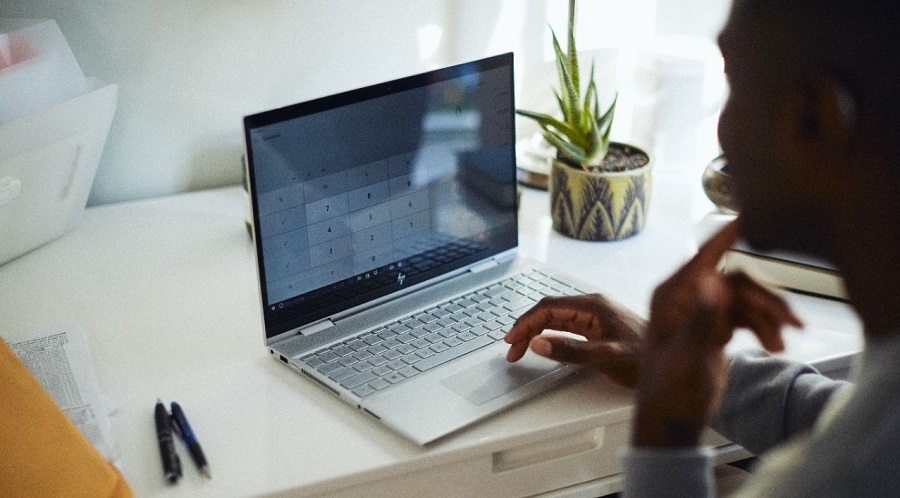A few weeks ago, Microsoft said goodbye to its 10-year-old operating system, Windows 7.
With support for Windows 7 ending, National Clean Out Your Computer Day on Feb. 10 and National Safer Internet Day on Feb. 11, now is the perfect time to check whether you need to update your system and give your computer some well-deserved TLC.
We talked to Geek Squad Agent Derek Meister to find out what the end of Windows 7 means for users and how they can keep their computers running at peak performance.
What are the risks if I continue to use Windows 7?
Because technical support and software updates are no longer available for the Windows 7 operating system, you won’t receive support for any software-related issues, updates or security fixes. Those things keep your computer protected and secure. Without software or security support, your computer is an easy target for hackers, malware and viruses. Microsoft strongly recommends upgrading to Windows 10 for this reason.
“Sticking with Windows 7 now that it’s no longer supported is like continuing to drive a car in which the airbags have failed,” Agent Meister said. “Yes, it’ll continue to run and take you to the same places it has for the last 10 years, but if you crash…”
Will I need to buy a new computer to run Windows 10?
PCs built for Windows 7 are running on decade-old technology. Whether you need to buy a new computer for Windows 10 depends on what PC you have. Microsoft has a list of all the PCs compatible with Windows 10. The good news is that if your computer is not Windows 10 compatible, there are laptops and computers for every price point. Upgrading your computer will improve your efficiency with features like touch screens, voice assistance, comprehensive security and much more.
“Getting a new computer isn’t always more expensive. New-age technology has given today’s computers more speed and more features at a much lower cost than 10 years ago,” Agent Meister said.
I’m going to need a new computer. What should I do with my old one?
Back up your data: Before you ditch your old laptop, remember to back up your files and photos to an external hard drive or OneDrive.
Clear your data: After backing up your files, you’ll want to wipe your computer to remove your personal data before getting rid of it. Unfortunately, you can’t just place your files in the Recycle Bin and empty it, as data recovery software makes it possible to recover your data later. Doing a factory reset is the best way to delete your information for good.
Trade-in: Be sure to check online if your laptop can be traded in for a gift card. Best Buy has an online calculator to help you find out how much you can get for your tech.
Recycle: If you can’t trade in your product, you can recycle your electronics at Best Buy stores. Every U.S. Best buy store has kiosks to drop off rechargeable batteries, wires, cords, cables, plastic bags and more. Any recycled material that can’t be fixed and resold is disassembled and/or shredded into various commodity streams for reuse in a second life.
How can I keep my new computer running at its best?
Like a messy desk gets in the way of your productivity, a hard drive cluttered with old files stifles your computer’s speed and performance. It’s recommended to clean out old files and programs you don’t use about every three months to ensure your computer is running properly. In fact, keeping your computer clear of old files can reduce its risk of becoming infected with malware and viruses and improve its speed and start-up time. Lucky for you, Geek Squad offers remote PC tune-ups that can do all this and more without you needing to take your computer into a store.
“PC tune-ups are as important as getting regular oil changes on your car,” Agent Meister said. “Doing it periodically will make your computer run better for longer.”
To give your computer a well-needed tune-up, schedule an appointment with a Geek Squad Agent today.


